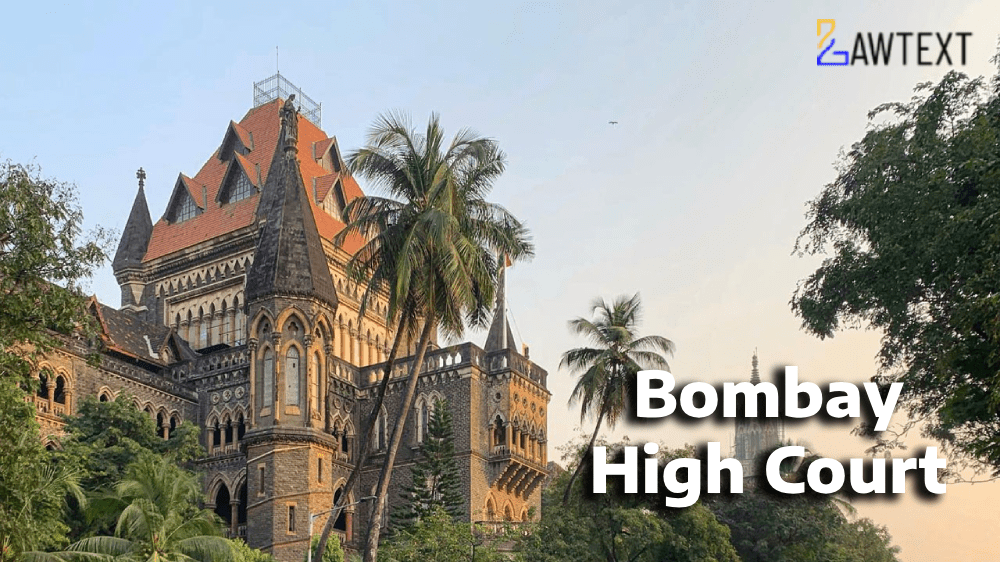Writ Petition Challenges Jurisdictional Authority Over Land Ownership Dispute. Supreme Court to Decide Whether Civil Court or Consolidation Officer Holds Jurisdiction Under the Prevention of Fragmentation and Consolidation Holdings Act, 1947

CASE NOTE & SUMMARY
The writ petition challenges two court orders that determined the Civil Court lacks jurisdiction over a land ownership and possession suit, arguing the matter falls under the Consolidation Officer's jurisdiction as per the Prevention of Fragmentation and Consolidation Holdings Act, 1947. The key legal question is whether the Civil Court's jurisdiction is barred by Sections 36(A) and 36(B) of the Act. The petitioners claim Civil Court jurisdiction based on ownership declaration and injunction, while respondents argue the suit seeks to nullify a finalized consolidation scheme. The document analyzes relevant statutory provisions and case law to conclude whether the Civil Court can entertain the suit.
Introduction
- Rule Made Returnable: The case is heard with the consent of the parties.
Case Background
- Challenged Orders: Petitioners challenge orders from the Joint Civil Judge and District Judge-1, which held that the Civil Court has no jurisdiction over the suit and must be presented before the proper forum.
Legal Question
- Jurisdiction Question: Whether the bar under Section 36(A) read with Section 36(B) of the Prevention of Fragmentation and Consolidation Holdings Act, 1947, applies to the plaintiffs' suit.
Facts of the Case
- Plaintiffs' Claim: The plaintiffs filed a suit for declaration of ownership and injunction for the property at Survey No. 52/A, claiming it as their ancestral property and alleging incorrect record creation by defendants.
Court Proceedings and Findings
- Allegations Against Defendants: Plaintiffs allege false record creation by Fragmentation Officer in collusion with defendants, denying plaintiffs' ownership and attempting to dispossess them.
- Defendants' Application: Defendants filed an application under Section 9A of the Code of Civil Procedure, questioning the Civil Court's jurisdiction.
Preliminary Issue and Trial Court Decision
- Framed Issue: Whether the Civil Court has jurisdiction under Section 36(A) of the Act.
- Trial Court Observations: The Trial Court concluded it had no jurisdiction, as the dispute challenges the actions under the Consolidation Act, returning the plaint for presentation before the proper forum.
Appeal and Current Petition
- District Court Appeal: Petitioners' appeal was dismissed, upholding the Trial Court's decision, leading to the current writ petition.
Petitioners' Arguments
- Legal Counsel's Submission: The petitioners argue the Civil Court has jurisdiction to declare ownership and that the Trial Court did not consider Section 36(B) properly, relying on Supreme Court judgments.
- Subsequent Correction: Petitioners highlight a subsequent correction in the consolidation scheme, asserting the suit's maintainability.
Respondents' Arguments
- Respondents' Submission: Defendants argue the suit seeks to nullify a finalized consolidation scheme, and the Civil Court's jurisdiction is barred under Section 36(A).
- Finality of Scheme: Respondents contend that the consolidation scheme is final and Section 36(B) does not apply to reopen concluded schemes.
- Case Law Cited: Respondents cite relevant judgments supporting their stance on jurisdiction.
Relevant Legal Provisions
- Sections 36(A) and 36(B): Detailed provisions barring Civil Court's jurisdiction and outlining the procedure for suits involving issues under the Act.
Analysis and Case Law
- Suit's Prayer: The plaintiffs seek a declaration of ownership and an injunction against interference with their possession.
- Supreme Court Precedents: Supreme Court cases indicating Civil Court jurisdiction over ownership declarations unless expressly barred.
- Principles of Jurisdiction Exclusion: Examination of principles for excluding Civil Court jurisdiction and relevance of statutory compliance and tribunal conformity.
Conclusion
- : The document analyzes whether the Civil Court can entertain the suit in light of statutory provisions and relevant case law, focusing on the interaction between Sections 36(A) and 36(B) of the Prevention of Fragmentation and Consolidation Holdings Act, 1947.
The Supreme Court of India, referencing Dhulabhai v. State of M.P.
- Introduction: Supreme Court's reliance on Dhulabhai v. State of M.P. and examination of jurisdictional conflict.
- Provisions of Section 64-C: Finality to orders by the Government or authorities under the Act and Civil Court's jurisdiction not ousted solely based on Section 64-C.
- Purpose of the Act: Abolition of intermediaries and conversion of land-holdings into ryotwari settlements.
- Examination of Ryotwari Patta: Liability to pay ryotwari or other assessments and orders passed under the Act serve revenue purposes.
- Civil Court's Jurisdiction: Requirement for special statute to provide determination of all questions about special rights/liabilities.
- Case of Ryotwari Patta Application: Settlement Officer's inquiry and Civil Court's role in adjudicating real nature of land character.
- Statutory Tribunal's Powers vs. Civil Court's Powers: Adequacy of remedies by statutory tribunal and Civil Court's ability to grant reliefs.
- Examination of the Fragmentation Act: Scheme of the Act for preventing fragmentation and consolidating holdings.
- Civil Court's Role: Authority to adjudicate title disputes and grant injunctions.
- Case Analysis: Plaintiff's claim of ownership and dispute over Consolidation Officer's actions.
- Conclusion: Restoration of suit to Trial Court for determination of ownership and remitting ancillary issues to authorities under the Fragmentation Act. Disposition of writ petition in terms stated.
ISSUE OF CONSIDERATION
Avantikabai Shankar Shinde Ors. Versus Pratap s/o Gunderao Jadhav Ors.
Citation: 2024 Lawtext (BOM) (6) 133
Case Number: WRIT PETITION NO. 13677 OF 2017
Date of Decision: 2024-06-13
Case Title: Avantikabai Shankar Shinde Ors. Versus Pratap s/o Gunderao Jadhav Ors.
Before Judge: ARUN R. PEDNEKER, J.
Advocate(s): Advocate for the Petitioners : Mrs. Madheshwari Thube-Mhase h/f Lex Aquila Advocate for Respondents No.1 to 3 : Mr. D. A. Mane h/f Mr. Milind Patil
Appellant: Avantikabai Shankar Shinde Ors.
Respondent: Pratap s/o Gunderao Jadhav Ors.

